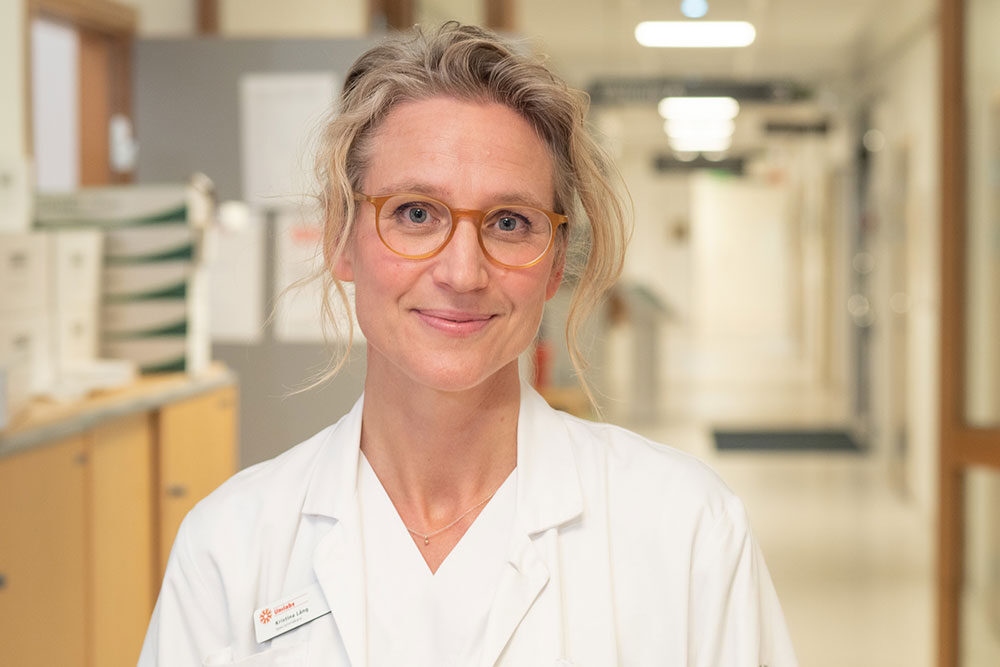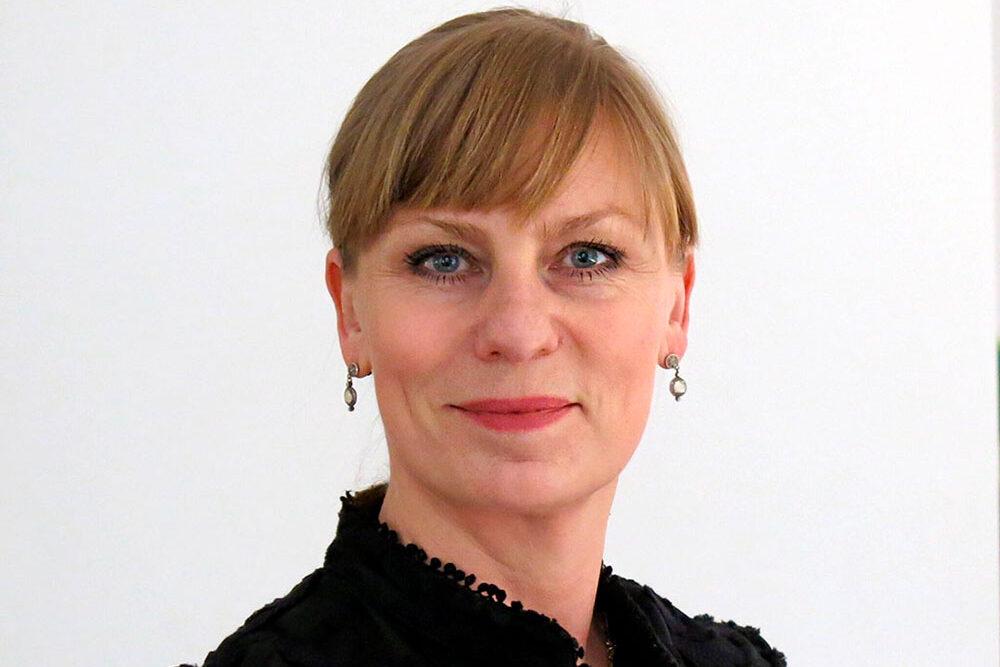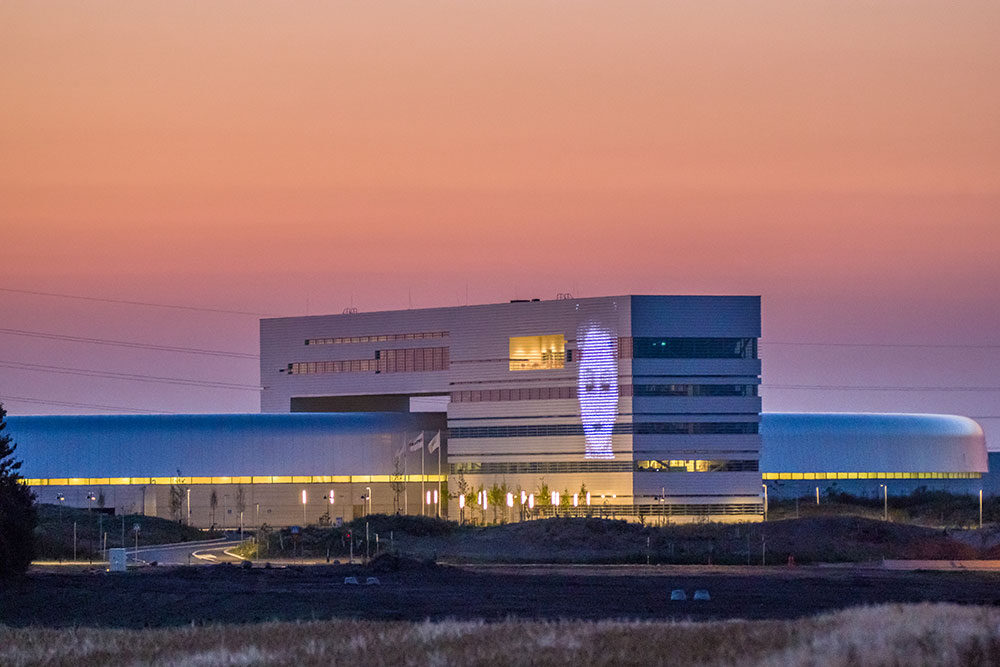The team behind NordicRWE believe the possibilities of Real-World Evidence are obvious, but access to and sharing data between the Nordic countries are hurdles that need to be overcome.
The amount of health-related data is rapidly increasing, while the healthcare sector faces the major challenge of becoming cost-efficient and improving how it delivers benefits to patients. Researchers are now turning more frequently to Real-World Evidence (RWE) to complement data generated from randomized controlled trials. RWE can provide a holistic view of patients, for example additional information about the patient’s experience, and advantages and risks of different drugs in clinical practices, surgical procedures, or other health measures, as well as the costs for these. RWE can also provide crucial insight into different steps in the drug development cycle and furnish evidence that accelerates development, approvals, access, and benefit/risk surveillance. If successful, this will give patients earlier access to new treatments and more rational drug utilization overall.
Norwegian company NordicRWE, founded a few years ago, aims to be at the forefront of this data-driven drug development process. The team has experience and skills in health data, and several years of experience in the pharma industry internationally and with national health registers. “We also have top statistical capabilities and a very international and diverse team,” says Steinar Thoresen, Medical Director and co-founder of NordicRWE.
Today the company is mainly focused on two different work-packages, Thoresen says. “One involves developing register-based control arms for clinical studies and we have submitted two publications. The other is looking at signal detection focused on Alzheimer’s and lipid-modifying drugs,” he describes.
Part of BioVentureHub
The company has also recently joined the AstraZeneca BioVentureHub at the Gothenburg R&D site and is the first Norwegian company in the hub. This is the result of a Memorandum of Understanding signed in December 2023 between Oslo Cancer Cluster, Oslo Science City, and AstraZeneca BioVentureHub. The aim of the MoU is to stimulate innovation and further develop the Nordic life science ecosystem.
Becoming part of the AstraZeneca BioVentureHub will give us access to infrastructure, scientific expertise, and a greater ecosystem to grow innovation and identify possible collaborations.
“Becoming part of the AstraZeneca BioVentureHub will give us access to infrastructure, scientific expertise, and a greater ecosystem to grow innovation and identify possible collaborations. In addition to that, we are joining a community built upon a dare-to-share culture, so we can collaborate and share resources with member companies and learn from each other,” says Christian Jonasson, Research Director at Nordic RWE.
“RWE is pivotal in advancing evidence-based medicine, bridging the gap between clinical research and practice. Partnering with stakeholders across the healthcare community to drive evidence-based medicine is crucial in our pursuit of better healthcare outcomes. NordicRWE’s dedication to data-driven drug development aligns with our vision. We are looking forward to learning more, collaborating, maximizing RWD assets, driving innovation, and addressing unmet medical needs,” stated Nina Mian, Executive Director, Head of Data Science & Advanced Analytics, AstraZeneca, at the time of the announcement.
The Nordic challenge
There has been increasing interest in RWE from the pharma industry and governmental bodies, and Thoresen and Jonasson strongly believe that RWE can be used in drug development, both as control arms in clinical studies and also in the area of signal detection.
Artificial intelligence (AI), large language models (LLM), and advanced statistics will drive progress within the field.
“We believe that governmental bodies will use more RWE in their HTA process and in post-marketing and effectiveness studies,” says Jonasson.
The possibilities of RWE are obvious, he says, “Artificial intelligence (AI), large language models (LLM), and advanced statistics will drive progress within the field.”
Access to and sharing of data between countries will be barriers to RWE reaching its full potential in the Nordics, Thoresen adds. “The Nordic challenge can only be solved through political decisions and new legislation. This could include linking individual registers, for example for cancer diagnostics and treatment. Health technology assessments (HTA) for the implementation of innovative new medicine could be faster and more accurate using Nordic RWE data,” he concludes.

Facts Real-World Evidence
Real-World Evidence (RWE) originates from the analysis of Real-World Data (RWD), which is patient and health data that comes from an array of sources, but not from conventional clinical trials. These sources could be electronic health records, disease registries, patient-generated data (including in home-use settings), and data gathered from other sources, such as mobile devices, that can provide information on health status. In short, RWE encompasses the insights generated when this data is analyzed.
The amount of health-related data is rapidly increasing, while the healthcare sector faces the major challenge of becoming cost-efficient and improving how it delivers benefits to patients. Researchers are now turning more frequently to Real-World Evidence (RWE) to complement data generated from randomized controlled trials. RWE can provide a holistic view of patients, for example additional information about the patient’s experience, and advantages and risks of different drugs in clinical practices, surgical procedures, or other health measures, as well as the costs for these. RWE can also provide crucial insight into different steps in the drug development cycle and furnish evidence that accelerates development, approvals, access, and benefit/risk surveillance. If successful, this will give patients earlier access to new treatments and more rational drug utilization overall.
Norwegian company NordicRWE, founded a few years ago, aims to be at the forefront of this data-driven drug development process. The team has experience and skills in health data, and several years of experience in the pharma industry internationally and with national health registers. “We also have top statistical capabilities and a very international and diverse team,” says Steinar Thoresen, Medical Director and co-founder of NordicRWE.
Today the company is mainly focused on two different work-packages, Thoresen says. “One involves developing register-based control arms for clinical studies and we have submitted two publications. The other is looking at signal detection focused on Alzheimer’s and lipid-modifying drugs,” he describes.
Part of BioVentureHub
The company has also recently joined the AstraZeneca BioVentureHub at the Gothenburg R&D site and is the first Norwegian company in the hub. This is the result of a Memorandum of Understanding signed in December 2023 between Oslo Cancer Cluster, Oslo Science City, and AstraZeneca BioVentureHub. The aim of the MoU is to stimulate innovation and further develop the Nordic life science ecosystem.
Becoming part of the AstraZeneca BioVentureHub will give us access to infrastructure, scientific expertise, and a greater ecosystem to grow innovation and identify possible collaborations.
“Becoming part of the AstraZeneca BioVentureHub will give us access to infrastructure, scientific expertise, and a greater ecosystem to grow innovation and identify possible collaborations. In addition to that, we are joining a community built upon a dare-to-share culture, so we can collaborate and share resources with member companies and learn from each other,” says Christian Jonasson, Research Director at Nordic RWE.
“RWE is pivotal in advancing evidence-based medicine, bridging the gap between clinical research and practice. Partnering with stakeholders across the healthcare community to drive evidence-based medicine is crucial in our pursuit of better healthcare outcomes. NordicRWE’s dedication to data-driven drug development aligns with our vision. We are looking forward to learning more, collaborating, maximizing RWD assets, driving innovation, and addressing unmet medical needs,” stated Nina Mian, Executive Director, Head of Data Science & Advanced Analytics, AstraZeneca, at the time of the announcement.
The Nordic challenge
There has been increasing interest in RWE from the pharma industry and governmental bodies, and Thoresen and Jonasson strongly believe that RWE can be used in drug development, both as control arms in clinical studies and also in the area of signal detection.
Artificial intelligence (AI), large language models (LLM), and advanced statistics will drive progress within the field.
“We believe that governmental bodies will use more RWE in their HTA process and in post-marketing and effectiveness studies,” says Jonasson.
The possibilities of RWE are obvious, he says, “Artificial intelligence (AI), large language models (LLM), and advanced statistics will drive progress within the field.”
Access to and sharing of data between countries will be barriers to RWE reaching its full potential in the Nordics, Thoresen adds. “The Nordic challenge can only be solved through political decisions and new legislation. This could include linking individual registers, for example for cancer diagnostics and treatment. Health technology assessments (HTA) for the implementation of innovative new medicine could be faster and more accurate using Nordic RWE data,” he concludes.

Facts Real-World Evidence
Real-World Evidence (RWE) originates from the analysis of Real-World Data (RWD), which is patient and health data that comes from an array of sources, but not from conventional clinical trials. These sources could be electronic health records, disease registries, patient-generated data (including in home-use settings), and data gathered from other sources, such as mobile devices, that can provide information on health status. In short, RWE encompasses the insights generated when this data is analyzed.
Updated: February 5, 2025, 01:56 pm
Published: January 24, 2025









